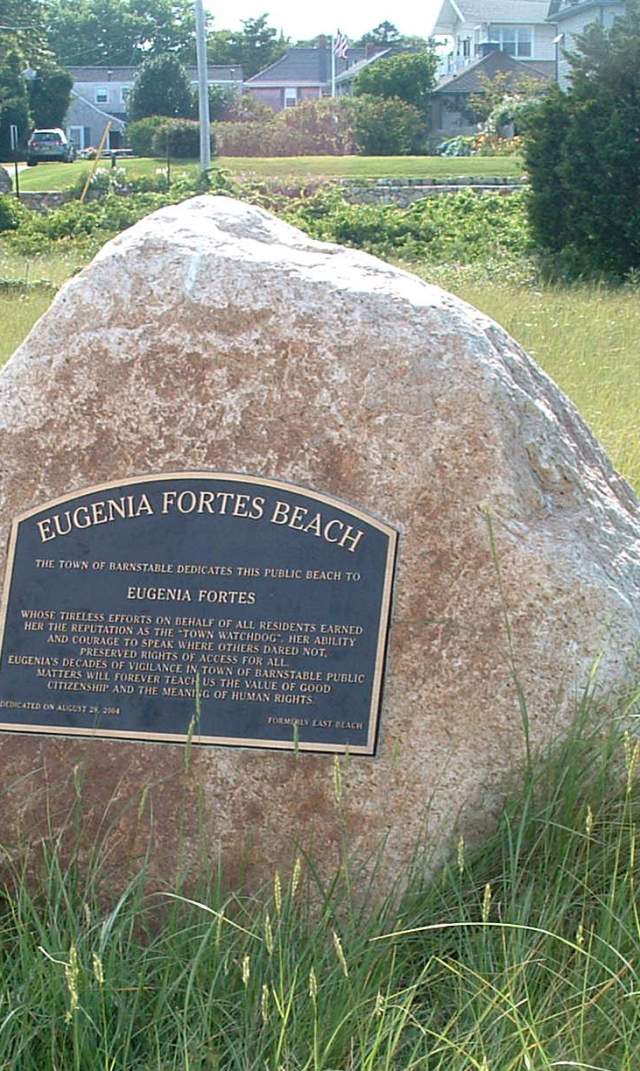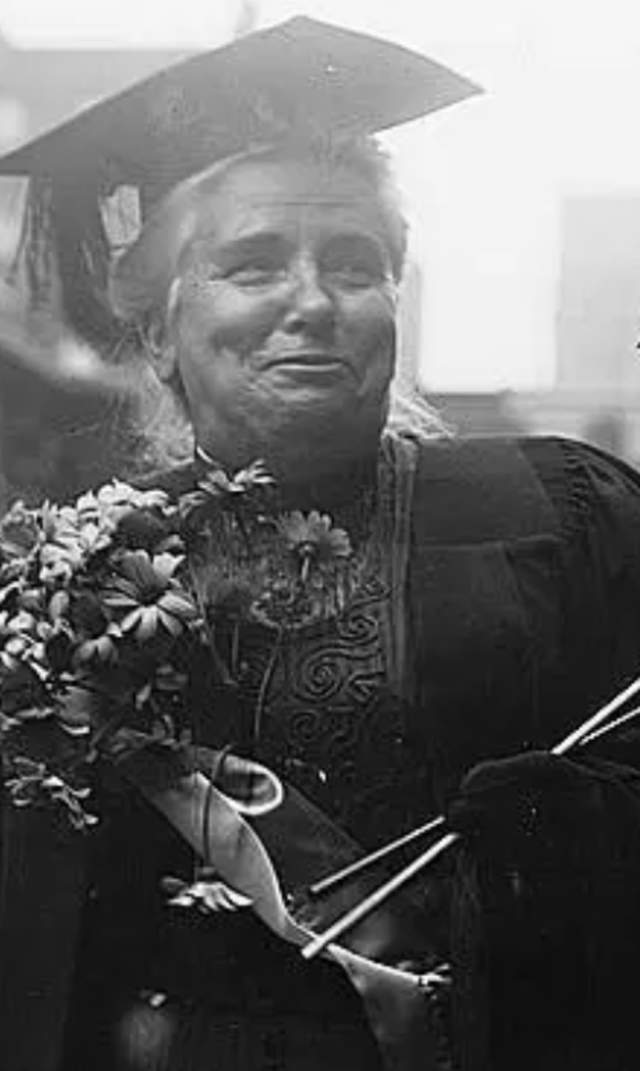Now that we’re a couple of weeks into Women’s History Month, chances are high you’ve encountered a legion of women being celebrated for their unique contributions to history and society, near and far. The achievements of women surround us globally and locally, not only in their enormous impact on the feminist movement, but also in the faith and leadership they provide to women in our own communities.
This week’s blog series continues with a spotlight on Cape Cod’s own dynamic group of women’s rights activists. You may not be able to walk in their shoes, but a visit to these local dedications or a few moments paused reading their memoirs will give you a good dose of feminist inspiration.
Anna Howard Shaw
Reverend, physician, and suffragist? There’s nothing a woman can’t do, and Anna Howard Shaw (1847-1919) of Osterville was living proof. After feeling called to ministry, and paying heavily for being the only woman in her class, she was the second woman to graduate from Boston University School of Theology and one of the first to be ordained by the Methodist Protestant Church. During her ministry (one was in East Dennis), she earned her medical degree from Boston University. Eventually her preaching became worldwide and swelled to include issues of social justice and women’s rights. Step in Susan B. Anthony, who solicited Shaw to be her protégé, and a prime force behind the adoption of the 19th amendment. Shaw served as president of the National American Woman Suffrage Association for over a decade, and was on the campaign trail almost constantly with company that included Ralph Waldo Emerson, Louisa May Alcott, Frederick Douglas, and US presidents. She died just before the suffrage amendment was ratified.
Dedications: Perhaps Shaw’s most beloved thing, beside her cause, was Cape Cod. In 1892, she purchased property on Sea View Avenue in Osterville and built a summer cottage she aptly named, “The Haven” that served as a meeting place for the early women’s activists. All work and no play? Negative—the women brazenly donned men’s bathing suits and swam in the ocean! Her reflections on her Wianno house and the Cape were noted at the end of her life: “I am happy in having known and loved the Cape as it was, and in having gathered there a store of delightful memories. In later strenuous years, it rested me merely to think of the place.”
In season, visit the Osterville Historical Museum exhibit, “Give Us the Vote: Osterville’s Role in the Suffragist Movement”.
Margaret Moseley
Community peace and civil rights activist Margaret Moseley (1901-1997) graduated Dedham High in 1919, but was unable to pursue a career in nursing due to racial discrimination. A true humanitarian, she viewed her personal suffering as insight for understanding the same suffering of larger numbers of people who did not have the self-belief to speak out, and rose to activism. Years later, after moving to the Cape in 1961, she helped establish local chapters of the National Association for the Advancement of Colored People, and talked with the Sunday school children at the Unitarian Church of Barnstable about meeting Martin Luther King in 1958. Moseley’s unwavering fight against prejudice and injustice and devotion to her local community led her to identify one of Cape Cod’s greatest needs as nondiscrimination and non-segregation in housing. She responded by founding the first Fair Housing Committee. On a global scale, Moseley served as a legislative chairman for the Women’s International League for Peace and Freedom, going to the UN as often as she could in place of those who couldn’t. Her community outreach on the Cape was tireless, and Moseley worked for one cause after another, including the Mass. Society for the Prevention of Cruelty to Children and Elder Services of Cape Cod and the Islands.
Dedications: Moving Mountains One Stone at a Time: Memoirs of Margaret Moseley: Her stirring memoirs describe the ways she could have allowed the discrimination she endured destroy her with bitterness, and how she instead chose another path to save the next generation from experiencing the same. Like quotes that inspire? Read this:
“I don’t know anybody who started life with as many strikes against her as I, who has had as many opportunities in life to meet important and interesting people who are doing things to make a better world.” - Margaret Moseley Papers 1943-1997, American Folklife Center, Civil Rights History Project (Schlesinger Library, Radcliffe Institute, Harvard University)
Eugenia Fortes
Civil rights activist, Eugenia Fortes (1911-2006), emigrated to Whaling City, New Bedford from the Cape Verde Islands when she was nine, the first of long journeys she would gather fortitude from. She worked at the pearl company in Hyannis, then later as a housekeeper for a Hyannisport family for over two decades. Her fight for racial equality began on the local sands of the then segregated East Beach in Hyannisport where she was visiting with a friend in 1945, and asked by police to leave. She refused. The following year, when a group attempted to buy and privatize the beach, she spoke out at a town council meeting of the discrimination she faced, and years later in 2004, East Beach was renamed Fortes Beach. In 1961, she founded the Cape Cod chapter of the NAACP. Champion for the poor, she helped house and feed the reverse freedom riders upon their arrival in Hyannis all the while sending food and clothing to the impoverished Deep South for 25 years. Fortes served on the Hyannis library board of directors for forty years.
Dedications: A walk on the formerly known East Beach will bring you to the dedication plaque named for Fortes, mounted on a boulder made of the same Cape Cod stone used for President Kennedy’s grave in Arlington National Cemetery. Want to celebrate the diversity of the town of Barnstable and Cape Cod? Head to the Zion Union Heritage Museum in Hyannis, where some of Fortes’ personal items are enshrined.
Read the first in our Women's History Month blog series here>
Read the third in our Women's History Month blog series here>

